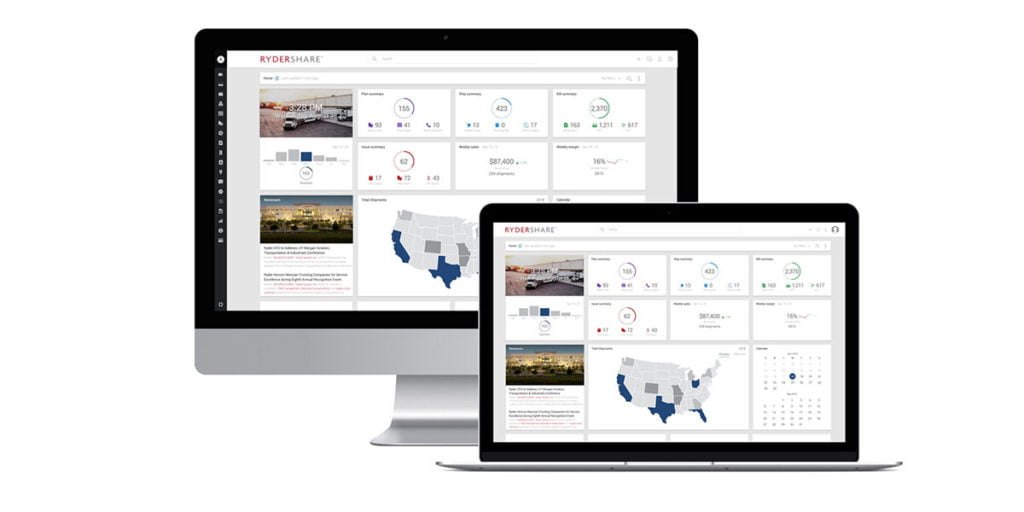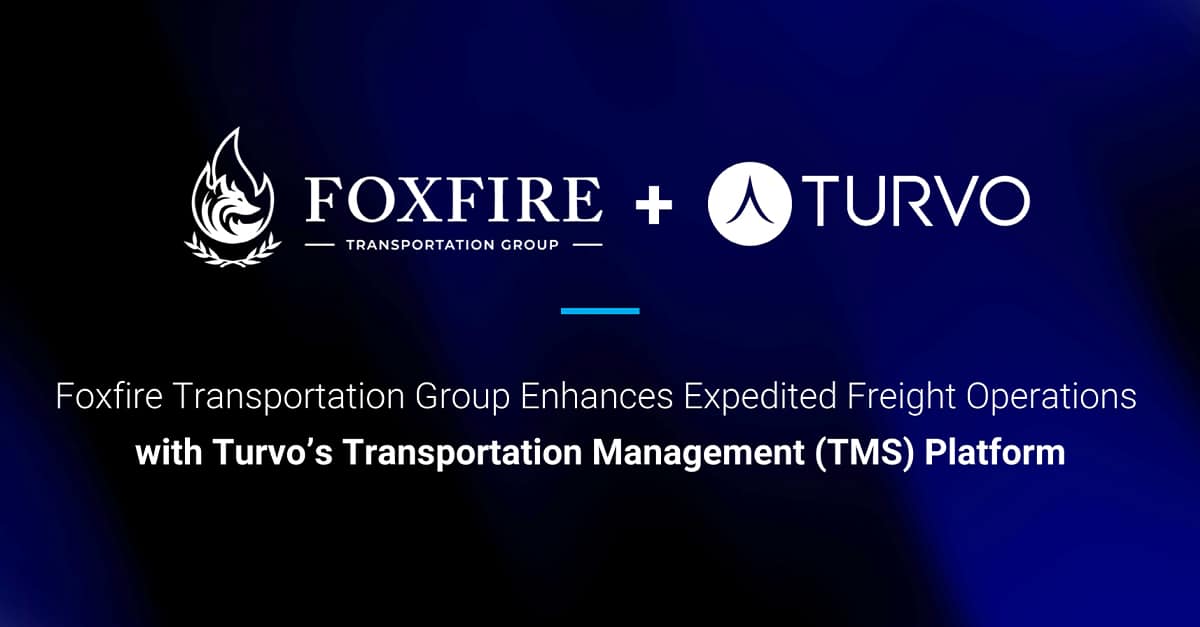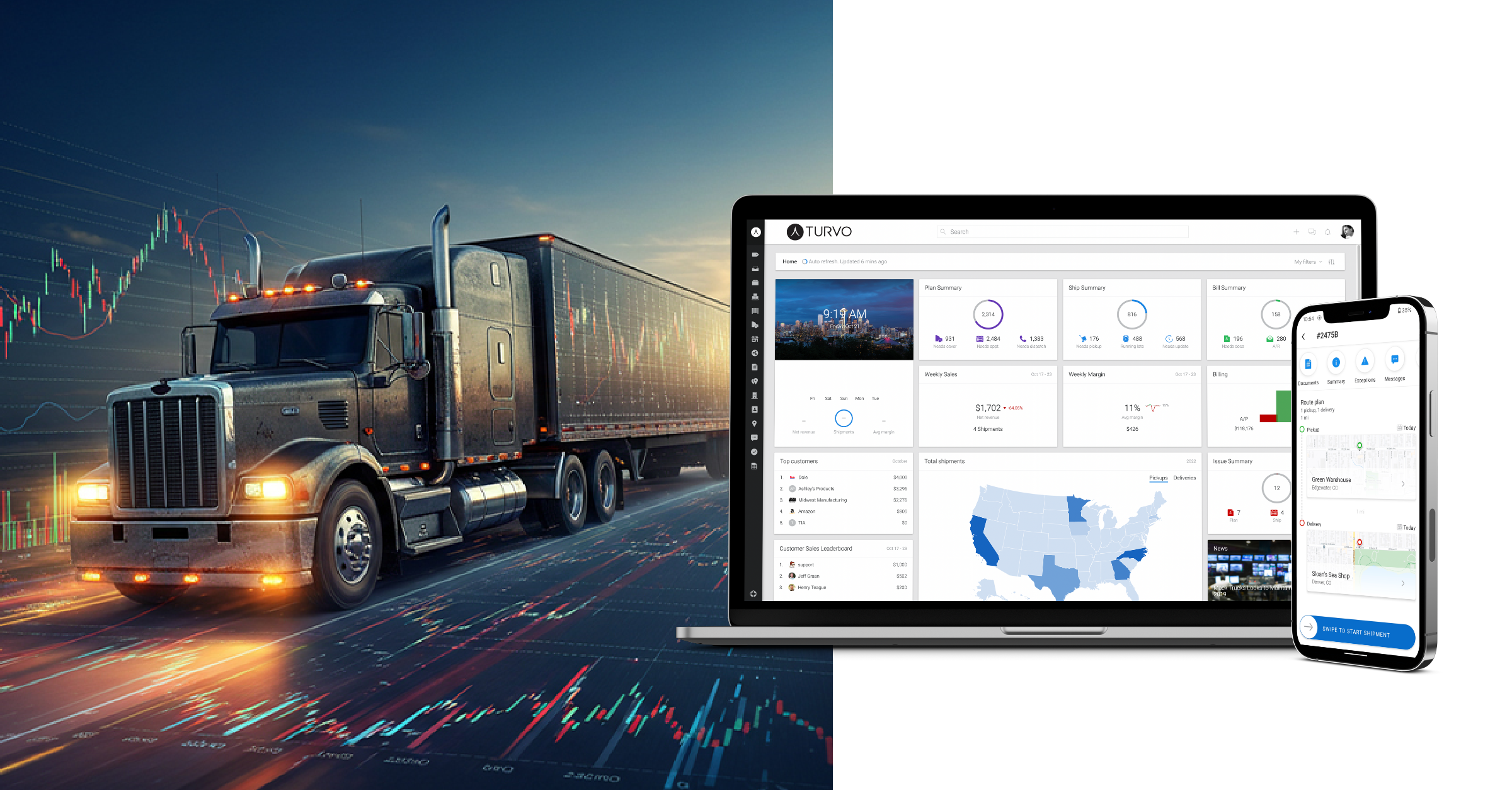The logistics industry is rapidly evolving, and freight brokerages must adapt to new technologies to remain competitive and efficient. As customer expectations rise and supply chains become more complex, leveraging cutting-edge technology is essential for maintaining operational efficiency, enhancing visibility, and staying ahead of industry trends. This blog explores key technologies that can help future-proof your brokerage, ensuring long-term success in an increasingly tech-driven landscape.
- Transportation Management Systems (TMS)
- Real-Time Shipment Visibility
- Automation and Artificial Intelligence (AI)
- Predictive Analytics for Better Decision Making
- Digital Freight Matching Platforms









